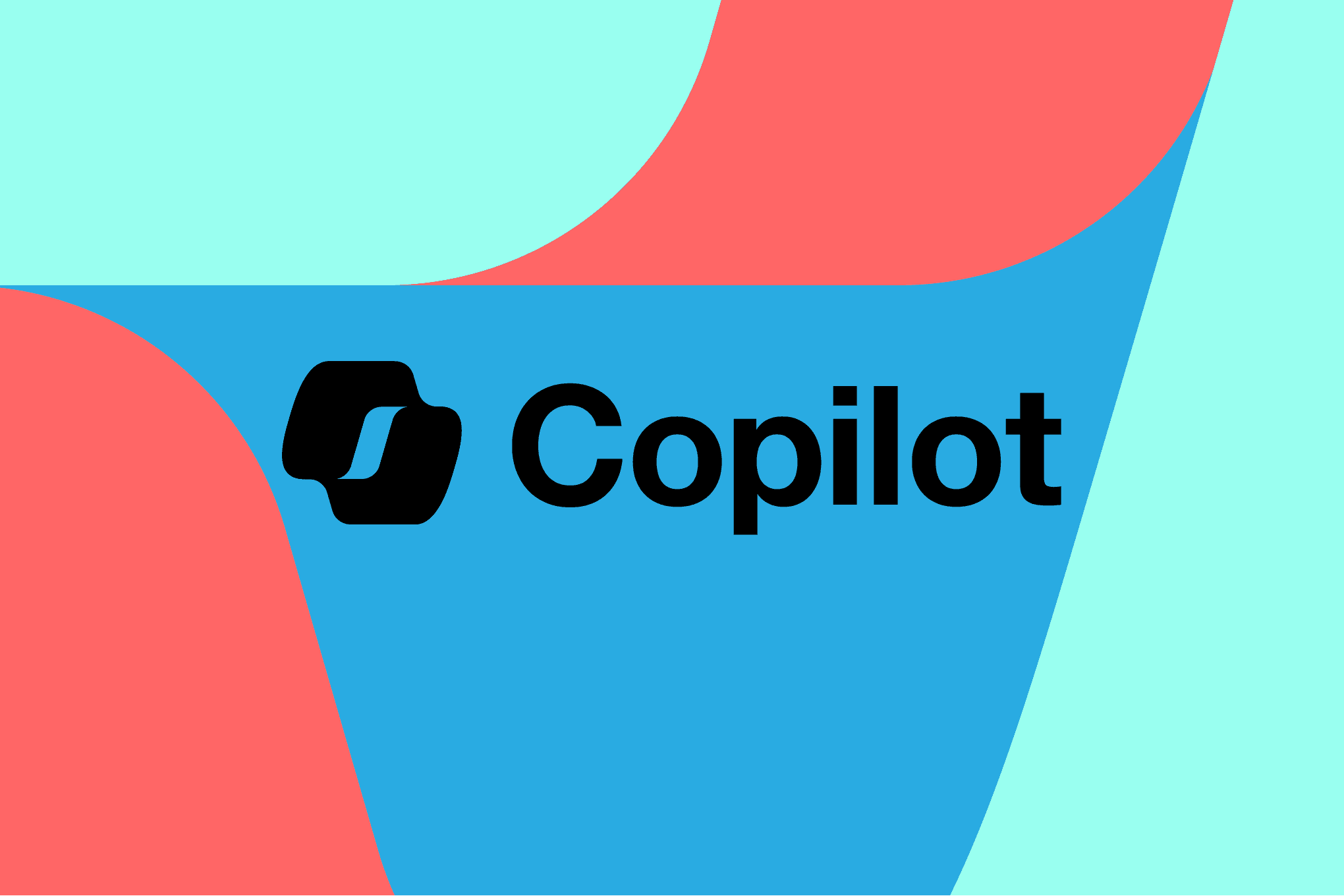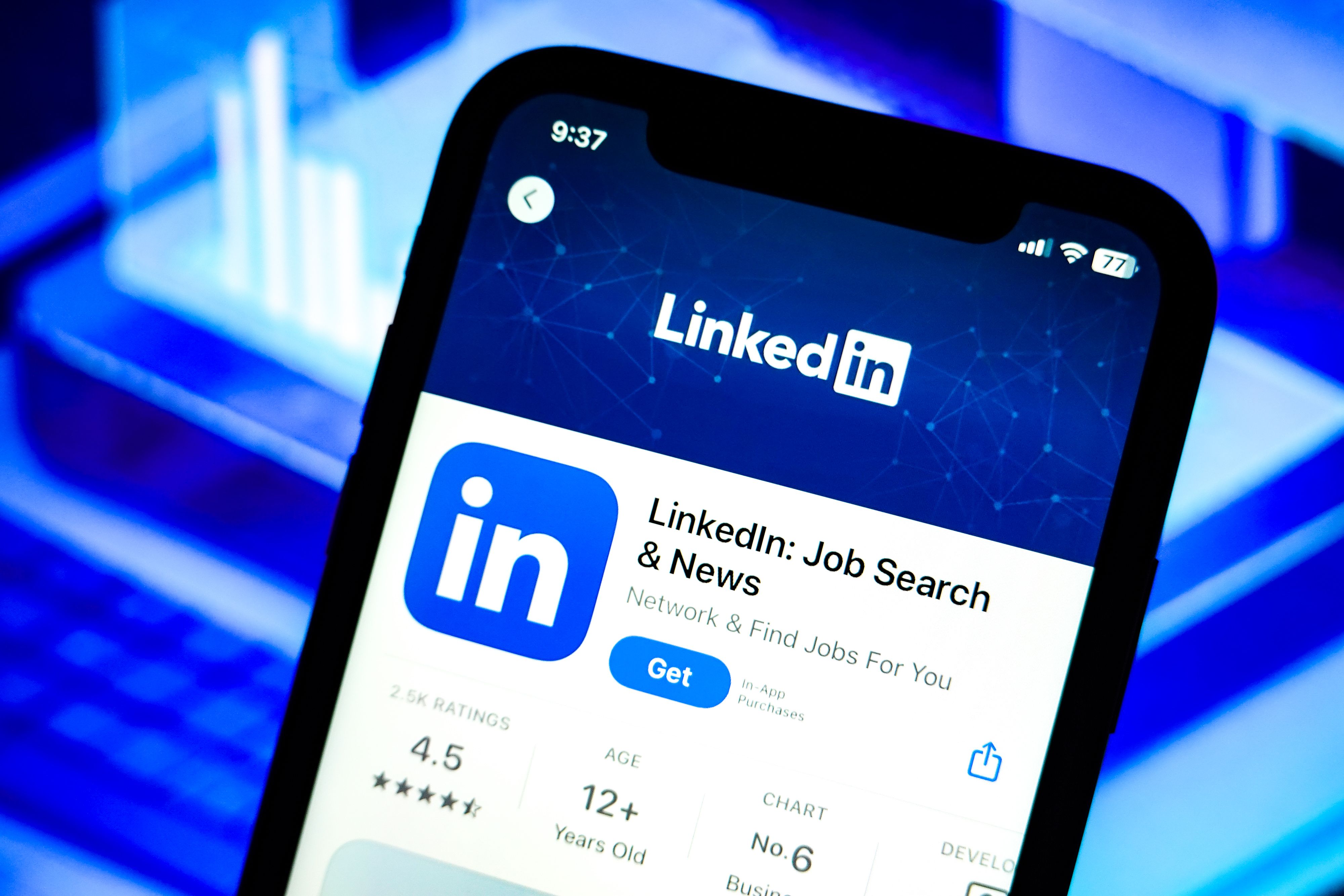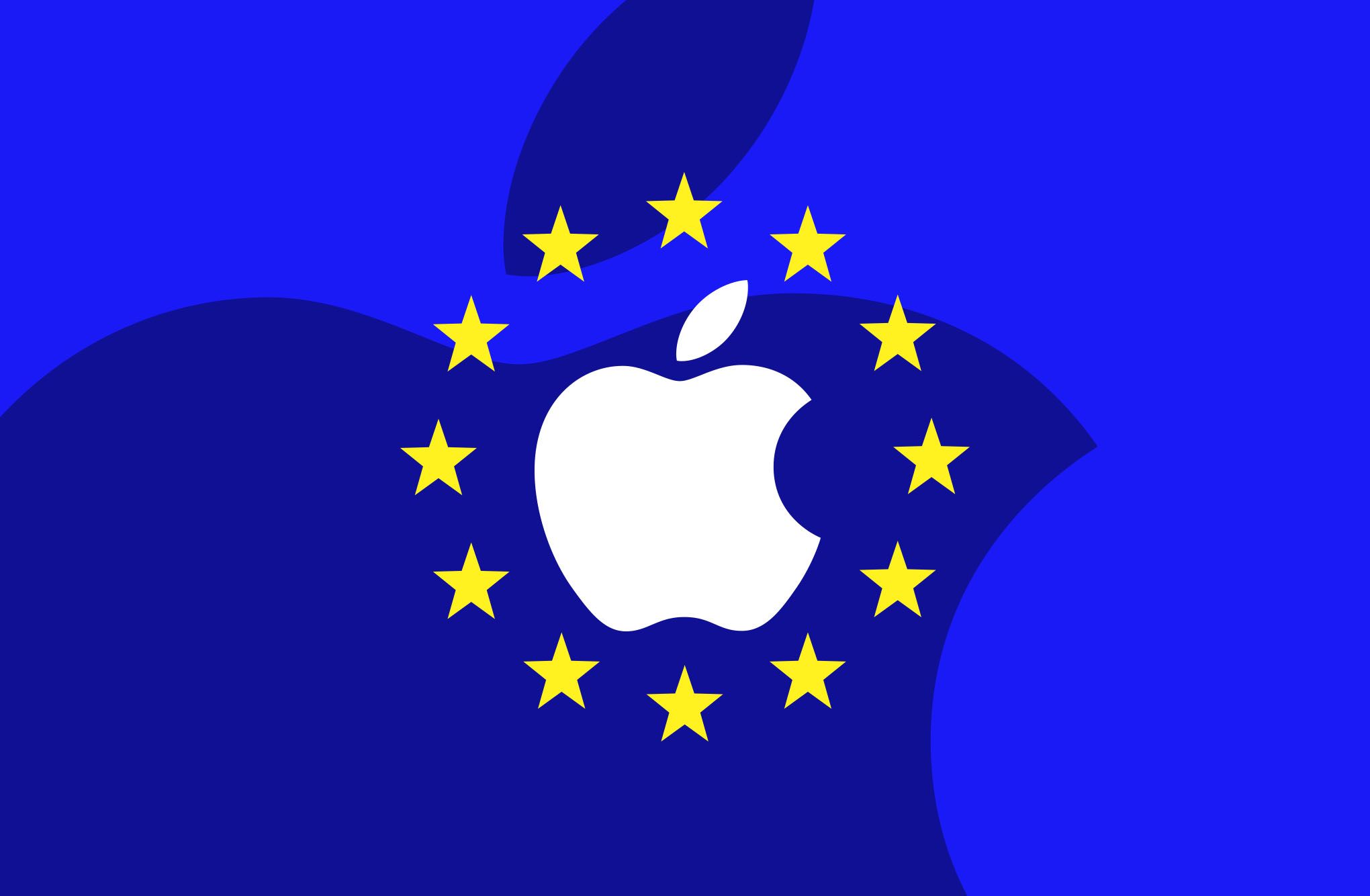Microsoft just slashed enterprise AI costs by 40% with a surprise bundling move that combines its specialized Copilot tools into one subscription. The change signals the company's aggressive push to cement its AI dominance while quietly admitting OpenAI's latest models aren't delivering as promised.
Microsoft just delivered a one-two punch to the enterprise AI market. The company's bundling its specialized Copilot tools into a single $30 per month subscription starting October, effectively cutting costs for businesses that were paying $50 for the full suite. But the real story isn't the price cut - it's what this move reveals about Microsoft's AI strategy and OpenAI's stumbling progress.
The Verge's Tom Warren broke the story last week, and now Microsoft's made it official: Copilot for Sales, Service, and Finance - previously standalone $20 add-ons - are getting rolled into the base Microsoft 365 Copilot subscription. Anyone paying $30 monthly for Copilot access will get all three specialized tools through the Microsoft 365 Copilot Agent Store at no extra charge.
The math is compelling for enterprise customers. Companies that needed the full AI toolkit were shelling out $50 per employee monthly, or $600 annually per user. That drops to $360 per year - a $240 savings that adds up fast for organizations with hundreds or thousands of employees. For a 1,000-person company, we're talking about $240,000 in annual savings.
Microsoft is framing this as subscription simplification, but the timing reveals deeper strategic motivations. The company's racing to lock in enterprise customers before competitors like Google and Anthropic can gain meaningful market share in business AI. By making the pricing more attractive and removing decision fatigue around multiple subscriptions, Microsoft's removing barriers to adoption.
But here's where things get interesting: Microsoft's quietly hedging its AI bets. According to The Information, the company plans to "partly power" Microsoft 365 Copilot with Anthropic's Claude models after internal testing showed they outperformed offerings in Excel and PowerPoint scenarios. That's a stunning admission from Microsoft, given its $13 billion investment in OpenAI.






